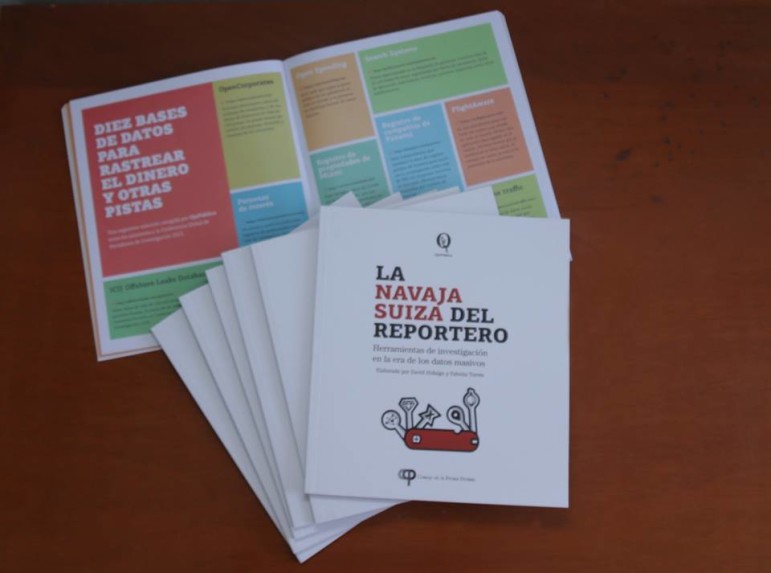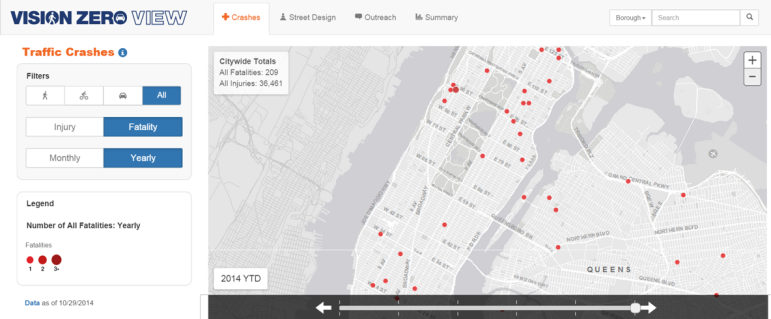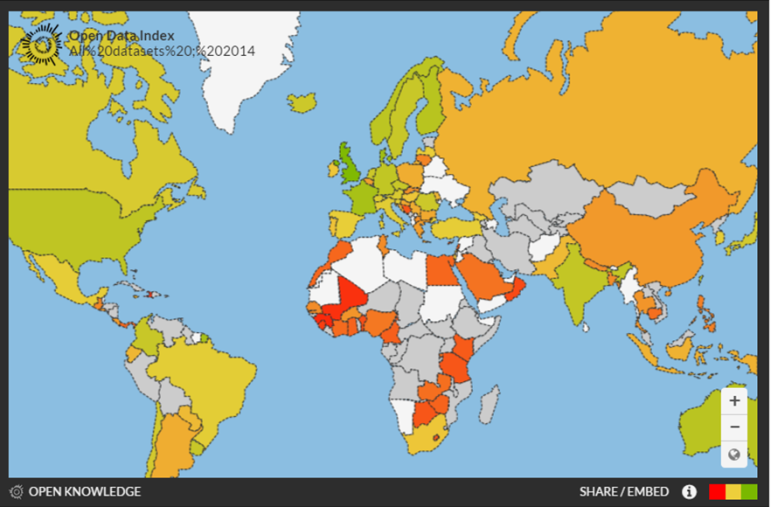

Democracy Is the Business Case for Open Data
 I’ve been working in the Open Data community for about a year and a lot of people ask me, “What’s the business case for Open Data?” Most of the software driving the Open Data movement is Open Source and free or nearly free. Data governance is handled on the fly. Lots of data is published at low refresh rates, with poor data quality, and no standard metadata. It is published in catalogs and it is extremely boring to read a catalog full of data. The people who work with open data are hackers in hackathons using open source tools and open source cloud with open data.
I’ve been working in the Open Data community for about a year and a lot of people ask me, “What’s the business case for Open Data?” Most of the software driving the Open Data movement is Open Source and free or nearly free. Data governance is handled on the fly. Lots of data is published at low refresh rates, with poor data quality, and no standard metadata. It is published in catalogs and it is extremely boring to read a catalog full of data. The people who work with open data are hackers in hackathons using open source tools and open source cloud with open data.
“Where’s the friggin ROI [return on investment]…?” my friends all ask me.
The friggin ROI is in preventing more of this from happening around the world:
 SS Songs and Antisemitism: The Week Golden Dawn Turned Openly Nazi
SS Songs and Antisemitism: The Week Golden Dawn Turned Openly Nazi - Ukip Calls for Police to Arrest Protesters ‘Who Call Us Fascists’ Ahead of Showdown with Anti-Fascist Groups in Brighton
- Rising Hate Speech in Europe Could Breed Violence, UN Rights Chief Warns
The confluence of widely available information technology, social networking, and a vicious global recession have increased global awareness of income inequality and the growing indulgence of the governing classes. People are increasingly frustrated with elected leaders who look after themselves first, corporations second, and the people last. This frustration is leading to alarming rates of international and domestic terrorism, and the rise of far right, fascist, parties at the polls.
Democracy as a widespread form of government is a scant two centuries old. Monarchy and Dictatorship are far more popular historically. Even today, there are only 88 countries out of 195 that are democratic and free, and this number can quickly erode if free societies do not embrace Open Government and Open Data and let sunlight shine into many dark and dingy corners of governance that have been hidden from public view for decades.
The business case for Open Data? It is the survival of Democracy itself and everyone should take this challenge very seriously. We can’t afford to take Democracy for granted. And if that alone isn’t motivating enough for my private sector colleagues, just remember what Fascism in Germany, Italy, Spain, and Portugal looked like in the 20th Century. It wasn’t good for people and wasn’t good for business.
Democracy is the business case for Open Data and everyone should be fighting for Open Government because the alternatives are frighteningly real and present dangers.
 Steven Adler (@DataGov) is chief information strategist for IBM. He is an expert in data science and an innovator who has developed several billion-dollar-revenue businesses in the areas of data governance, enterprise privacy architectures, and Internet insurance. He has advised governments and large NGOs on open government, data standards, privacy, and systemic risk.
Steven Adler (@DataGov) is chief information strategist for IBM. He is an expert in data science and an innovator who has developed several billion-dollar-revenue businesses in the areas of data governance, enterprise privacy architectures, and Internet insurance. He has advised governments and large NGOs on open government, data standards, privacy, and systemic risk.









